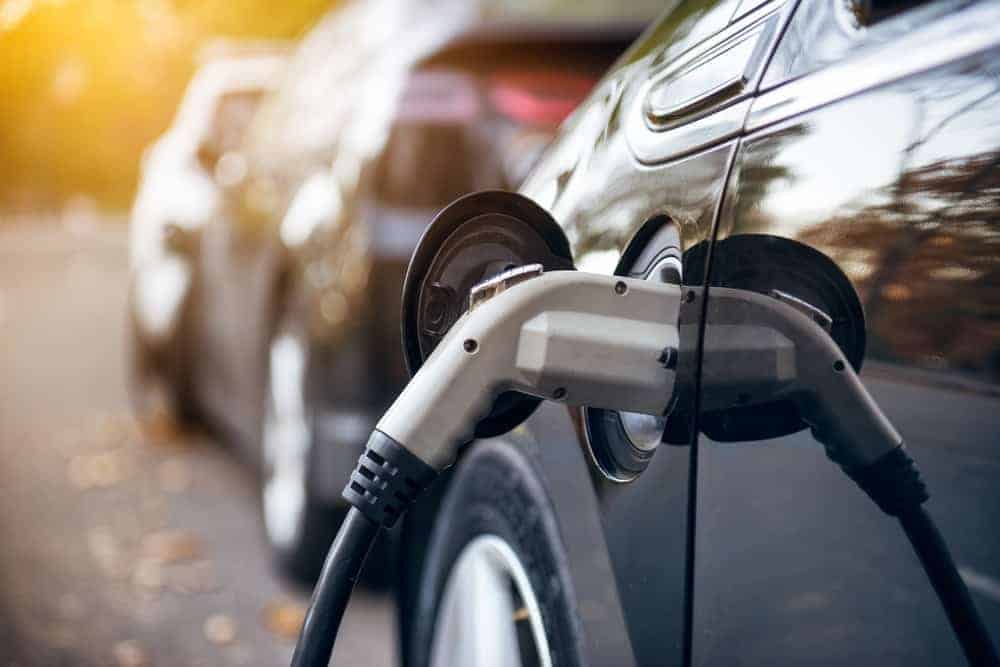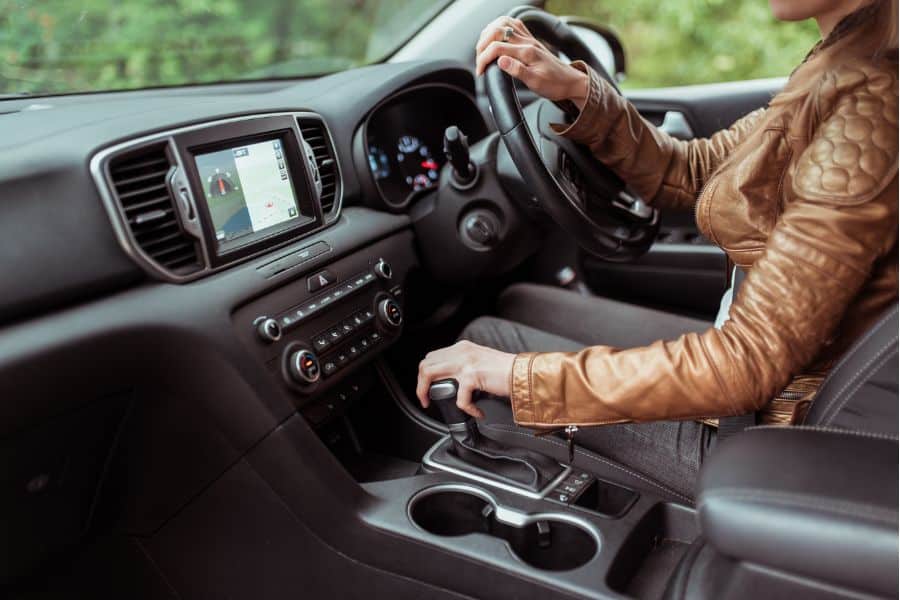Unless you happen to be living on Mars, it was only a matter of time before the topic of electric cars would become part of your conversations. Weelee has begun to work through the implications too. And with Elon Musk being a fellow South African, we feel a little proud when the world talks about the future of these battery-operated vehicles. As one of South Africa’s most popular car selling platforms, we are getting the lowdown on the rise in popularity of electric and hybrid vehicles.
“Some people don’t like change, but you need to embrace change if the alternative is disaster.” -Elon Musk
Here at Weelee, we are not alarmists, but we are keeping our fingers on the online pulse and what it means for you as you perhaps consider buying and selling hybrid and electric cars in the future.
The basic EV industry lingo
There is a huge buzz around the hybrid and electric car industry, highlighting an ideology where a sustainable transport future is achievable. But you cannot take part in the conversations unless you have a basic layman’s understanding of the lingo and jargon.
Here’s what you need to know about the terminology:
- All-electric vehicle (AEV) – aka a BEV (battery electric vehicle) – is 100% battery-powered. )
- Hybrid electric vehicle (HEV) – for some, the best of both worlds. An HEV is powered by an internal combustion engine plus an electric motor that uses energy stored in batteries. Hybrid cars combine the benefits of greater overall fuel economy and low tailpipe emissions with the power and range of conventional vehicles.
- Plug-In Hybrid Electric Vehicle (PHEV) – like an HEV, but with a bigger battery pack that can be charged by plugging into an EVSE (Electric Vehicle Supply Equipment). You can make short journeys on cheap, zero-tailpipe-emission electricity, but also go on a long road trip.
- Internal combustion engine (ICE) – The technical name for a petrol/diesel-powered engine in most cars.
- Charging points or stations refer to locations or infrastructure where an electric or hybrid vehicle can be charged, e.g. fuel stations, parking lots, parking garages, etc.
- Lithium-ion battery – The current standard power in electric car batteries, offering good energy density, power and fast charging ability.
The basic benefits of electric cars
“You have to match the convenience of the gasoline car in order for people to buy an electric car.” -Elon Musk
With the ever-rising fuel costs in South Africa (none of us saw it going above R20/l), the case for electric vehicles (EVs) just gets stronger. Due to the upfront costs, you may not be in a position to buy one yet, but it is our Weelee responsibility to stay informed and enter the debate (and get the wheels turning in your head).
Eco-consciousness aside for a moment, the pragmatic question has to be asked: ‘How much longer can you afford to run and maintain your ICE vehicle?’
The simple benefits include:
- Energy efficiency – there is no getting around this glaring advantage. AEV batteries convert 59% – 62% of energy into powering the vehicle as opposed to only 17 % -21% in petrol-powered vehicles.
- Reduced emissions – You will not save the planet with an electric car but hybrid and electric cars perfectly fit the sustainable narrative when it comes to reducing our collective carbon footprint. (The conversation is more scientific and nuanced than this, but we are keeping it simple – much like our overall online process)!
- Lower maintenance and higher performance – Yes, we thought this benefit would get your attention. AEVs are high-performance cars that are not only quiet and smooth (an extra tick for reducing noise pollution) and have good torque, but they also require less maintenance; saving you in the long run.
We anticipate that at some stage there will be a range of these electric cars popping up on our second-hand car platform. And if you are looking to purchase one, you will need to sell your (ICE) car for the best cash price. That is where we come in.
The basic drawbacks of electric cars
Right now in South Africa, the adoption of wholesale electric cars in the motor industry is likely to be slow going; there is not yet government backing or incentives, no broadscale support infrastructure and EVs are heavily taxed as luxury vehicles. The reliability of supply from Eskom is another legitimate concern.
At this stage, electric cars tend to be extremely pricey, so your average Joe is not going to be upgrading to one, even if he wanted to. The bridging phase is likely to be hybrid cars which are more affordable than EVs and more efficient than ICE cars. (Perhaps investing in an electric bicycle is the next step for environmentally conscious South Africans?).
Other legitimate disadvantages are capacity to travel long distances and ‘refuelling’ time. Depending on the brand, EVs currently have a travel range of between 100km – 400 km before they need to be ‘refuelled.’ So no, you are not going to make it from Jo’burg to Cape Town – or even Durban – without extra hours factored in for recharging. (This can take up to 8 hours/charge so prepare to spend some time in Bloem or Harrismith). The location (or lack thereof) of charging stations makes the logistics of road trips a little more complicated.
Sell your ICE car with Weelee
It’s fair to assume that the conversation about electric cars in South Africa is going to remain exactly that – a conversation for now. Despite the obvious benefits, the drawbacks and hurdles are significant in a developing country such as ours.
But here’s the good news: if you are in Jo’burg or Cape Town, you can sell your second-hand car fast and for the best cash price. Wherever you land in the EV debate, if you are looking to upgrade, upsize or downsize, selling your car on our Weelee platform is hassle-free and obligation-free.




